(CNN) The US will "sharpen our military edge" in the face of Chinese territorial expansionism and other regional threats as it embarks on the next phase of its pivot to Asia, the US defense secretary said Thursday. The "rebalance" to the Asia-Pacific region would ensure that the US "remains the region's strongest military and security partner of choice," Pentagon chief Ash Carter told US Navy sailors in a speech aboard the aircraft carrier USS Carl Vinson in San Diego.
The declaration comes as China, the region's other superpower, continues to make neighbors nervous by unilaterally developing what most analysts agree are military installations on disputed reefs in the South China Sea, one of the world's busiest shipping channels.
In a post on his Facebook page Carter called the region "the most consequential region for America's future" and said that a strong US military presence there was of "fundamental strategic importance to our country."
In the speech Carter said that the focus on the region, which will come with a raft of military investment, will see strike capability and support beefed up as well as "large new investments" in cyber, electronic warfare, and space capabilities.
Carter also said the Pentagon also has "a few more surprises" in "'leap-ahead investments," which he did not elaborate on.
Increasingly belligerent neighbors
Carter said that the region was experiencing "historic change" where "China is rising, which is fine, but behaving aggressively, which is not."
He also alluded to the military's strengthening of deterrent and defensive forces in the face of North Korea's "continued nuclear and missile provocations."
Along with expanding territorial claims by building on disputed territories, China is also developing its cyber-espionage capabilities, and in the past two years has been accused of hacking into a number of US government and private business databases.
"China has been developing its capabilities within the PLA for a number of years, going back at least a decade. And their capabilities have now also been brought together into a single, strategic organization that is essentially a new branch of the military," Bryce Boland, Asia-Pacific CTO of FireEye, a cybersecurity firm, told CNN.
China has all along denied the allegations of state-sponsored hacking.
The other main regional security threat which Carter pointed to was the increasing likelihood of a nuclearized North Korea. Military analysts have detected geological evidence of what they see as successful nuclear tests by the reclusive regime, which also periodically tests delivery systems.
Key ally called into question
The speech came shortly after Philippines President Rodrigo Duterte asserted that the upcoming US-Philippines military drills would be the last joint drills that his country would take part in, calling into question the commitment of one of the US' most stalwart regional allies.
Speaking to members of the Filipino community in the Vietnamese capital of Hanoi Wednesday evening, he said that he would look to expand his country's alliances.
"I will visit China. I will open the door for everyone. I will go to Russia," he said. "I'm serving notice now to the U.S.: I will maintain the alliance, but I will establish new alliances.
"I serve notice to you now that this will be the last joint military exercise with U.S. Jointly, Philippines, US, last one."
The two countries are scheduled to hold amphibious landing exercises from October 4th to the 12th. Denying a rift, Carter said Thursday that the decades-old US alliance with the Southeast Asian nation was "ironclad.
"Through the landmark Enhanced Defense Cooperation Agreement, or EDCA, the United States is supporting the modernization of the Philippine Armed Forces," he said. US State Department spokesman John Kirby said on Wednesday "there has been no official rendering of a decision of that sort to the US government," but deferred the matter to the US Department of Defense. The Philippines Defense Ministry said Defense Minister Delfin Lorenzana will speak with Duterte to "further clarification and guidance" about this comments, the official Philippines News Agency (PNA) reported.
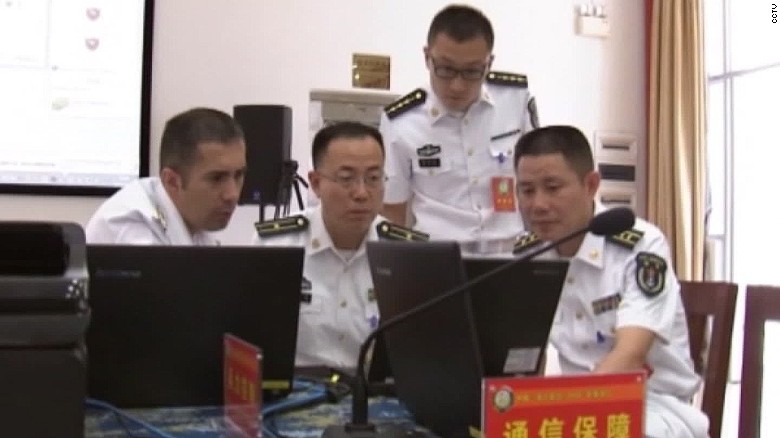
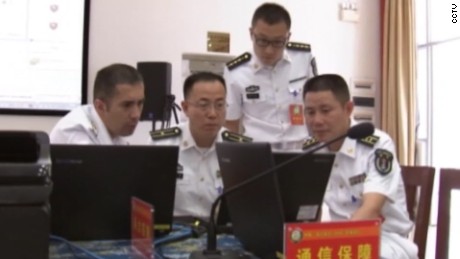
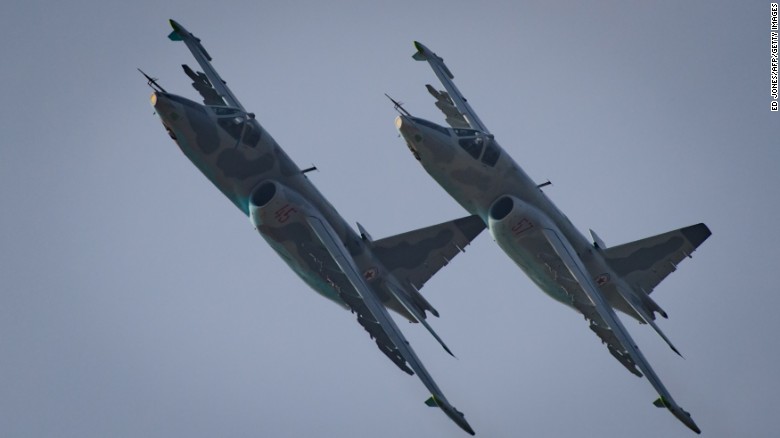
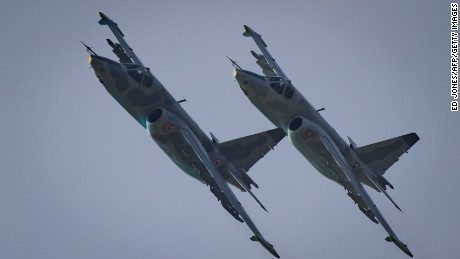
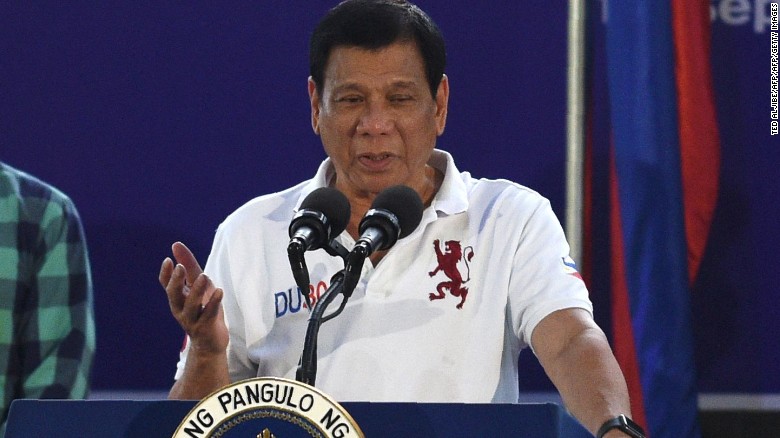
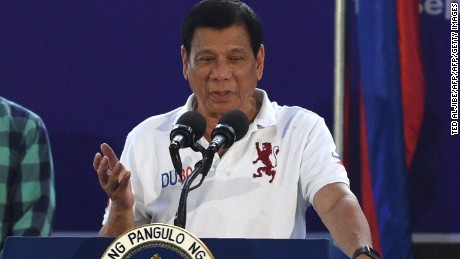
No comments:
Post a Comment